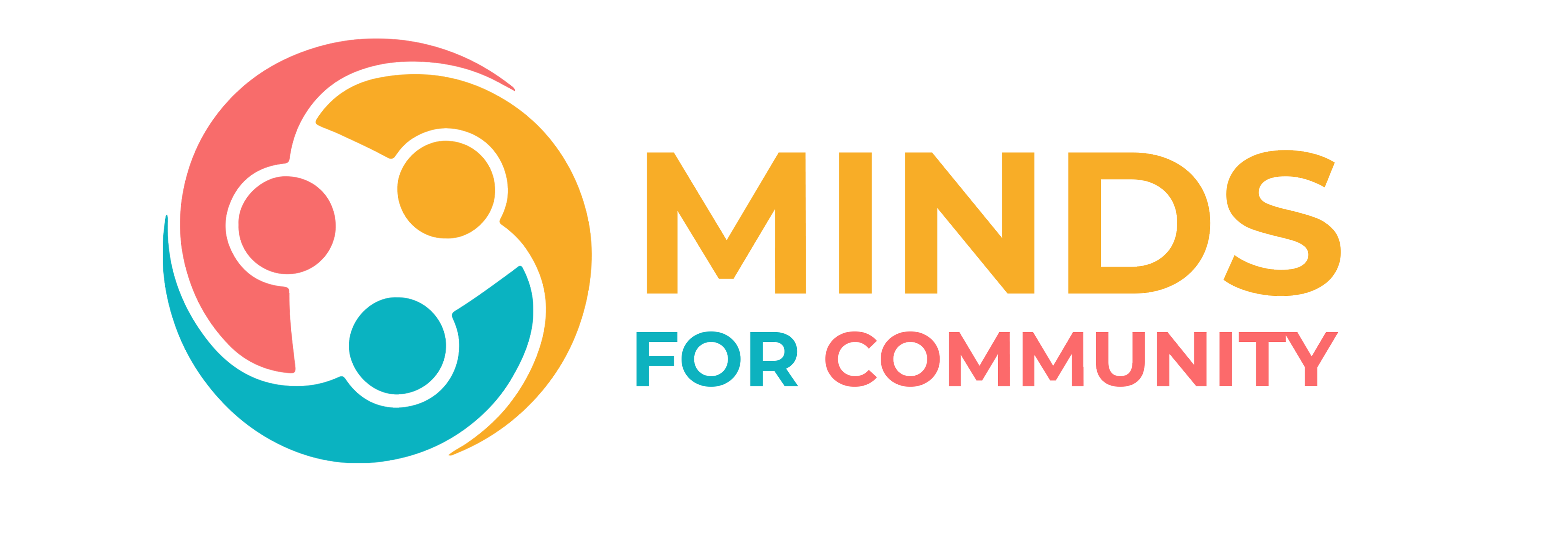Teach children to say phrases such as: “Please,” “Thank you,” or “Good morning”; It is one of the values that we sometimes forget and do not appreciate, although expressing gratitude, asking for something nicely, or saying hello are among the ways of expressing respect towards the other person.
Therefore, it is important to teach children these basic guidelines by every person who plays the role of educator, and establishing this type of habits in children from a young age will make them role models in the future, and will provide more humane social environments, as writer Valeria Sabatier confirms in a report published by the magazine ” “Mejor con salud” (Spanish mejorconsalud).
The value of teaching children to communicate
Phrases such as: “Please,” “Thank you,” or “Good morning” are not just a courtesy, but a way to get children to think and move from the usual self-focus of early childhood to acknowledgment of others and their needs.
Moral development in children
Lawrence Kohlberg, one of the most famous and noteworthy authors regarding the moral and ethical development of children, says: Although there are certain differences between children and even between siblings themselves, it is natural to follow this development to realize respect, rules and recognition of the other.
early childhood
That is, between the ages of 2 and 5 years, the child can only be controlled through the principle of reward and punishment. In this way, he understands that there are imposed rules that he must follow to gain affection and avoid reprimand.
The second stage: from 6-9 years
Here the child enters what is called the “golden age”, which occurs between the ages of 6 and 9 years, and during this stage the child begins to gradually reduce his focus on himself.
The third stage: from 8-10 years
Between the ages of 8 and 10 years, a child is already able to understand what it means to respect others. At this stage, he often defends his friends and brothers, and becomes able to determine what is right and wrong on a collective level.
The fourth stage: adolescence
As they reach adolescence, children/youth gradually acquire their own values and move to criticize certain issues that they consider inappropriate or offensive.
The role of courtesy in teaching values to children
When someone gives a gift to a 4-year-old, it is common for the parents to point out “what needs to be said at that moment.” In this case, the child reluctantly and in a low voice says “thank you.” It doesn’t matter if we have to repeat it a lot, because the most important thing at this stage is for the child to learn to express gratitude on his own.
For example, when a child says “please” when requesting something from a classmate, he may discover that his classmate smiled at him because he was nice to him. All of this would reinforce strong bonds based on positive emotions.
This transition from expressing thanks in a forced way to doing so spontaneously is a wonderful process that will have an impact on his life; These phrases add warmth to interactions and make them easier.
The value of teaching children simple details
When a child discovers the benefits of behaving kindly and respectfully, he will integrate these actions into his social behavior in a seamless manner. As educators, if we take this fact into consideration and try to transmit these values to our children, this will become more like a permanent legacy between generations.






